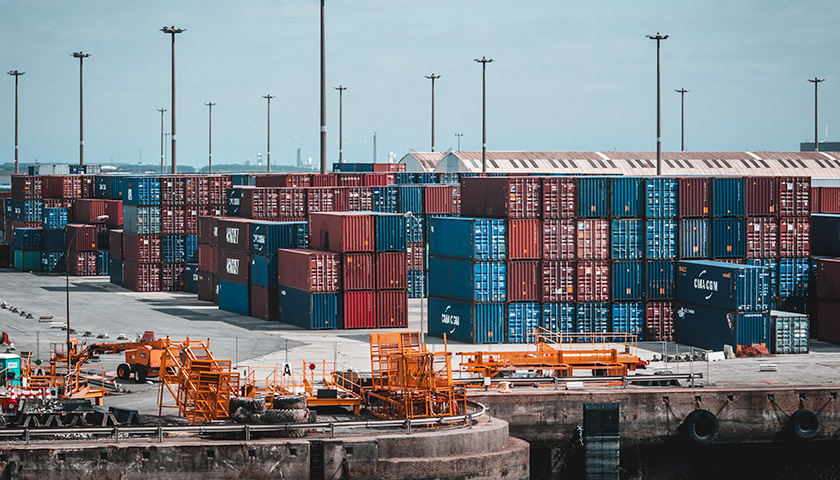In few areas is economic policy’s inseparability from politics more manifest than in global trade. In the period immediately following ratification of the U.S. Constitution, for example, trade debates within the Washington Administration became quickly entangled with arguments about what should be America’s stance vis-à-vis the spreading global conflict between France and Britain in the French Revolution’s wake. Similarly, when Congress and the executive branch today develop or modify trade policy, whether in a liberalizing or protectionist direction, it inevitably has political ramifications for both America’s allies and its opponents in the world.
Read More
